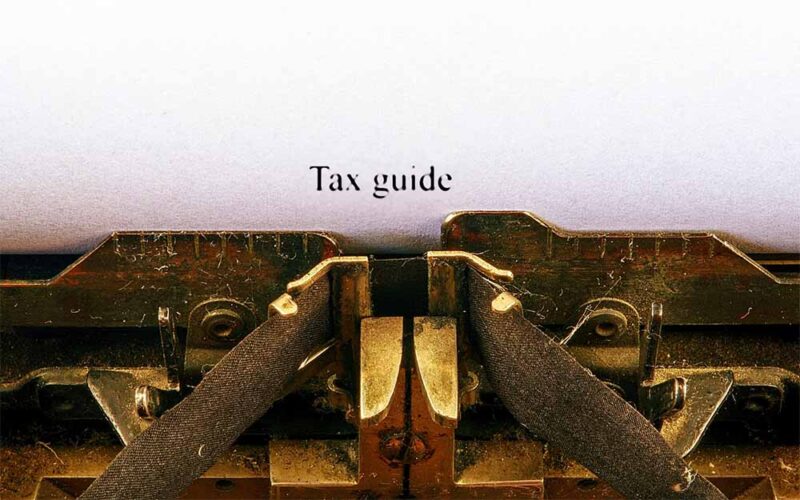Taxation is an integral part of every citizen’s responsibility, as it plays a crucial role in funding public services and infrastructure. However, it is only natural for individuals to explore legal avenues to minimize their tax burden. In India, several legitimate strategies can help taxpayers reduce their tax liability while staying within the boundaries of the law. This article aims to guide you through some effective ways to manage and minimize your tax burden in India.
1. Understand Tax Deductions and Exemptions
A vital step in reducing your tax burden is to be well-informed about the various deductions and exemptions available under the Indian tax system. Familiarize yourself with Section 80C, which offers deductions on investments in instruments such as Employee Provident Fund (EPF), Public Provident Fund (PPF), National Savings Certificate (NSC), and tax-saving fixed deposits. Explore other sections like 80D (health insurance premiums), 80G (donations to eligible charitable institutions), and 24(b) (home loan interest), among others, to identify potential deductions that apply to your financial situation.
2. Optimize Tax Planning Through Investments
Investments can play a significant role in minimizing your tax burden. Consider investing in tax-saving instruments like Equity Linked Saving Schemes (ELSS), National Pension Scheme (NPS), and tax-free bonds. These investments offer tax benefits under Section 80C. Additionally, explore opportunities such as Unit-Linked Insurance Plans (ULIPs) and tax-saving fixed deposits to further optimize your tax planning.
3. Leverage Home Loan Benefits
If you have a home loan, you can take advantage of tax benefits available on both the principal and interest components. Under Section 24(b), the interest paid on a home loan is deductible up to a specific limit. Moreover, Section 80C allows deductions on the principal repayment. By utilizing these provisions, you can significantly reduce your taxable income.
4. Maximize HRA and LTA Claims
If you are a salaried individual, make the most of House Rent Allowance (HRA) and Leave Travel Allowance (LTA) to lower your taxable income. Submit rent receipts to claim HRA, and ensure you provide the necessary travel-related documentation to claim LTA. These allowances are tax-exempt within certain limits, providing an opportunity to reduce your overall tax liability.
5. Explore Tax Benefits for Education and Health Expenses
The Indian tax system acknowledges the importance of education and healthcare. You can claim deductions on tuition fees paid for your children’s education under Section 80C. Additionally, expenses incurred for the treatment of specific diseases, as listed in Section 80DDB, are eligible for deductions. Take advantage of these provisions to reduce your tax burden while investing in the well-being of your family.
6. Consider Tax-Saving Options for Senior Citizens
If you are a senior citizen, there are additional tax benefits available to you. Explore schemes like the Senior Citizens Savings Scheme (SCSS), which offer attractive interest rates and tax advantages. Senior citizens are also eligible for higher deduction limits on medical insurance premiums, making it essential to choose suitable health insurance plans to optimize these benefits.
Conclusion
Reducing your tax burden requires a comprehensive understanding of the Indian tax system and its provisions. By utilizing tax deductions, exemptions, and investing in tax-saving instruments, you can effectively minimize your tax liability. However, it is crucial to ensure that all strategies employed are in line with the laws and regulations set forth by the government. Consulting a qualified tax professional or financial advisor can provide personalized guidance tailored to your specific circumstances. By taking a proactive approach to tax planning, you can optimize your finances and achieve a healthier balance between meeting your tax obligations and managing your overall financial well







